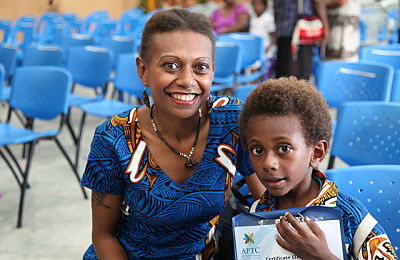A Prominent Unbalance: The Fight to End Sexism in Poverty

Words associated with poverty tend to be hunger, disease or politics but rarely sexism. In 2015, over 80 prominent media figures, from Bono to Beyoncé, signed a letter petitioning to end sexism in poverty. The public letter received recognition from ONE, a campaigning and advocacy organization, and continues to accumulate attention in the media and raise awareness of how sexism is more abundant and destructive in impoverished regions.
ONE plans to decrease sexism in poverty by improving education and healthcare systems. Over 130 million girls are not allowed to pursue education. In order for girls and women living in poverty to improve their standards of living, education is necessary.
According to ONE, educating women provides a more bountiful future because “every additional year of school that a girl completes increases her future earnings, which is good for her family, her community and her country.”
The current educational obstacles that influence sexism in poverty are poor infrastructure within the education system, cultural restraints that do not support female education and the need for women to remain in the household to ensure the survival of their children.
Another factor contributing to sexism in poverty is the lack of availability of healthcare for women. Impoverished women are especially susceptible to preventable diseases. According to Time, “women spend about twice as much time as men doing the unpaid work that makes life possible for everyone, like cooking, cleaning and caring. In developing countries, the gap is even bigger. As a result, women have no time to finish their education, learn new skills, open a business or even go to the doctor.”
Preventable diseases, such as tuberculosis, HIV and malaria, must be targeted by the governments of impoverished countries to counter the sexually unbalanced spread of disease.
If women succeed, the world succeeds. Neglecting the potential of half the world’s population due to societal and cultural limitations is irresponsible for the future.
Organizations like ONE are fighting to end sexism in poverty to guarantee a prosperous social, political and economic future for women who are not given the chance to thrive due to poverty.
– Kaitlin Hocker
Photo: Flickr
